Second Homes of North Carolina
Popular Locations for Second Homes
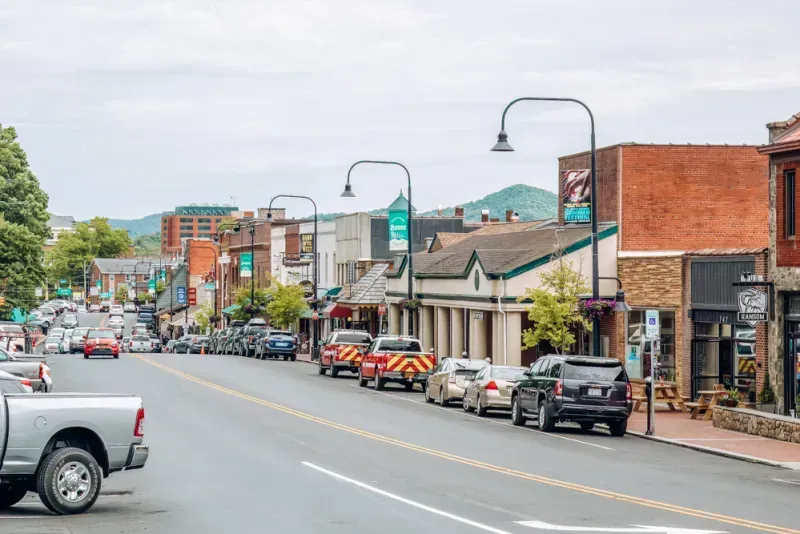
Boone & Grandfather Mountain
Boone and Grandfather Mountain are ideal for nature lovers seeking second homes amid the Blue Ridge Mountains. Key attractions include the Mile High Swinging Bridge for stunning views and wildlife exhibits, plus hiking trails like the challenging Grandfather Trail.
People come for year-round activities such as skiing in winter, hiking and biking in summer, and family outings to spots like Tweetsie Railroad, drawn by the area's scenic beauty and outdoor adventures.

Outer Banks
The Outer Banks offer pristine beaches and historic charm, perfect for coastal second homes and snowbird escapes. Highlights include the Wright Brothers National Memorial, Cape Hatteras Lighthouse, and Jockey's Ridge State Park for hang gliding and sandboarding.
Visitors are attracted by water sports like fishing and surfing, wild horse tours, and relaxed beach vibes in towns like Nags Head, making it a top spot for families and ocean enthusiasts.

Lake Norman
Lake Norman, North Carolina's largest man-made lake, is a prime choice for waterfront second homes focused on boating and relaxation. Enjoy activities like fishing, paddleboarding, and wakeboarding, plus hiking or biking at Lake Norman State Park with its trails and swimming areas.
Families and water lovers flock here for nearby attractions like Birkdale Village's shopping and events, wine tastings at Davesté Vineyards, and proximity to Charlotte's amenities.
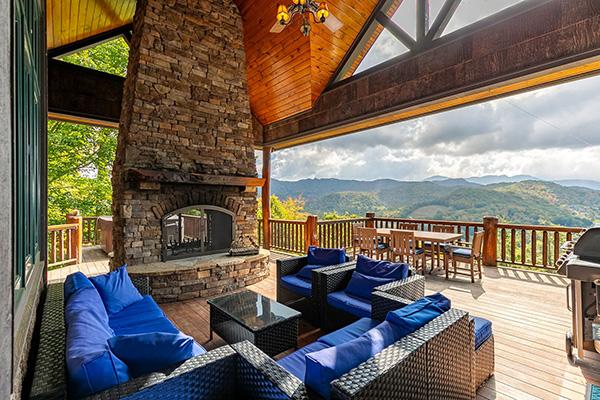
Banner Elk
Banner Elk is a cozy mountain town great for second homes with access to outdoor fun year-round. Top draws include skiing at Sugar Mountain Resort, hiking to Elk River Falls, and wine tastings at local vineyards like Banner Elk Winery.
People visit for summer rafting and tubing, family gems like Wildcat Lake swimming, and events such as the Woolly Worm Festival, appealing to adventure seekers and those craving peaceful retreats near the Blue Ridge Parkway.
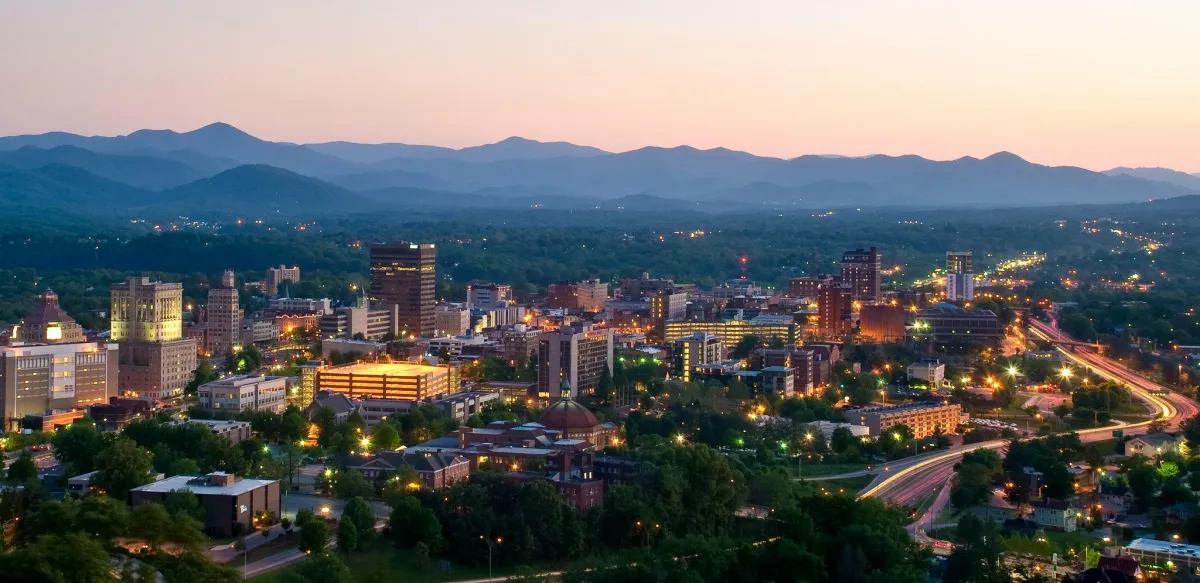
Asheville
The Asheville area combines cultural vibrancy with mountain scenery, making it a favored spot for artistic and outdoor-oriented second homes. Must-sees include the Biltmore Estate with its gardens and winery, plus the Blue Ridge Parkway for hiking and waterfalls in Pisgah National Forest.
It draws foodies, artists, and adventurers with downtown breweries, live music, ziplining, and an eclectic arts scene, offering a blend of relaxation and excitement.

Pinehurst
Pinehurst, the "Home of American Golf," is perfect for second homes centered on leisure and Southern elegance. World-class courses like Pinehurst No. 2 headline the attractions, alongside the Sandhills Horticultural Gardens for serene walks.
Golfers, history buffs, and families come for equestrian events at the Harness Track, hiking at Weymouth Woods, and charming shopping in nearby Southern Pines, all in a refined, horse-country setting.
Tips for Owning a Second Home in North Carolina
1. Select a location that aligns with your lifestyle and investment goals.
North Carolina offers diverse options: the Sandhills for golf enthusiasts, the Blue Ridge Mountains for scenic hikes, or coastal areas like Wilmington for beach access. Research emerging markets like Asheville or the Outer Banks, which are projected to see strong appreciation in 2025 due to tourism growth. Consider proximity to amenities and resale potential—aim for areas with low vacancy rates if renting.
2. Get pre-approved for a second home mortgage early.
Lenders in NC typically require a minimum 10% down payment (often 20-35% for optimal rates), a credit score of 725+, and a debt-to-income ratio under 43%. Pre-approval strengthens your offer and helps you budget for higher interest rates compared to primary residences.
3. Budget comprehensively for ongoing expenses.
Factor in property taxes, HOA fees, utilities, and maintenance—especially in hurricane-prone coastal zones where flood insurance adds to monthly expense. Use tools like online calculators to estimate totals, and set aside 1-2% of the home's value yearly for upkeep.
4. Hire a local Realtor with second home expertise.
An agent familiar with NC markets can guide you on zoning, flood zones, and hidden costs. For instance, in coastal areas like Nags Head, they'll highlight soil-related issues like septic systems or winter access.
5. Understand NC property tax relief programs, even for second homes.
While homestead exemptions primarily apply to primary residences, elderly or disabled owners may qualify for partial relief on second homes through programs like the Elderly/Disabled Exclusion if they meet income thresholds (under $33,000 for 2025). Always itemize deductions to claim state and local taxes.
6. Maximize mortgage interest deductions.
For second homes used personally, you can deduct interest on up to $750,000 in combined mortgage debt (primary + second home) if itemizing on your federal taxes. This can reduce your taxable income significantly—pair it with NC's itemized deduction option for state returns.
7. Leverage the 14-day rental rule for tax-free income.
If you rent your second home for 14 days or fewer per year, the income is exempt from federal taxes, and you can still deduct mortgage interest and property taxes as if it were purely personal use. This is ideal for occasional Airbnb stays without triggering rental property rules.
8. Deduct rental expenses if renting more frequently.
For short-term rentals exceeding 14 days, treat it as a business: Deduct maintenance, utilities, insurance, and even depreciation. In NC, sales tax on rentals is deductible, and you can offset income with these costs to lower your overall tax burden—consult a CPA for Form 1040 Schedule E filing.
9. Research local short-term rental regulations before buying.
NC doesn't ban short-term rentals statewide, but cities like Raleigh require a zoning permit, business license, and safety inspections for stays under 30 days. In Asheville, expect occupancy limits (e.g., 2 per bedroom) and noise ordinances—non-compliance can lead to fines up to $500 per violation.
10. Obtain all necessary permits and insurance for rentals.
Secure a local business license, liability insurance (at least $1M coverage), and a property inspection report. In coastal towns like Nags Head, partial-home rentals must be incidental to your primary use—document everything to avoid zoning disputes.
11. Market your rental effectively to maximize occupancy.
Use platforms like VRBO or Airbnb, highlighting NC-specific draws like proximity to national parks or beaches. Price competitively (e.g., $200-500/night in peak season for a 3-bedroom) and offer packages with local experiences—aim for 60-70% occupancy to cover costs.
12. Implement a rigorous maintenance schedule.
Conduct monthly inspections for issues like roof leaks or HVAC efficiency, especially in humid coastal areas or snowy mountains. Hire a local property manager (costing 8-12% of rental income) to handle off-season checks, preventing costly repairs from mold or pests.
13. Prepare for off-season and vacancy periods.
In winter, turn off utilities, drain pipes to prevent freezing (common in the High Country), and install smart home devices for remote monitoring. For coastal homes, elevate valuables and secure against storms—budget for 3-6 months of reserves to cover vacancies.
14. Plan ahead for capital gains taxes on sale.
NC taxes long-term gains at 4.99% (plus federal rates up to 20%), but you can reduce liability via 1031 exchanges (defer by reinvesting in like-kind property) or primary residence conversion if you live there two of the last five years for up to $500K exclusion.
15. Incorporate estate planning to protect your asset.
Talk to an attorney to title the property in a trust to avoid probate in multiple states, especially if you primarily live out-of-state. Discuss with an attorney about gifting shares to heirs or setting up an LLC for liability protection— this ensures smooth transfer and minimizes inheritance taxes in NC.
COMPANY
© Copyright 2025
All Rights Reserved
331 Alcove Road, Suite 103, Mooresville, NC 28117
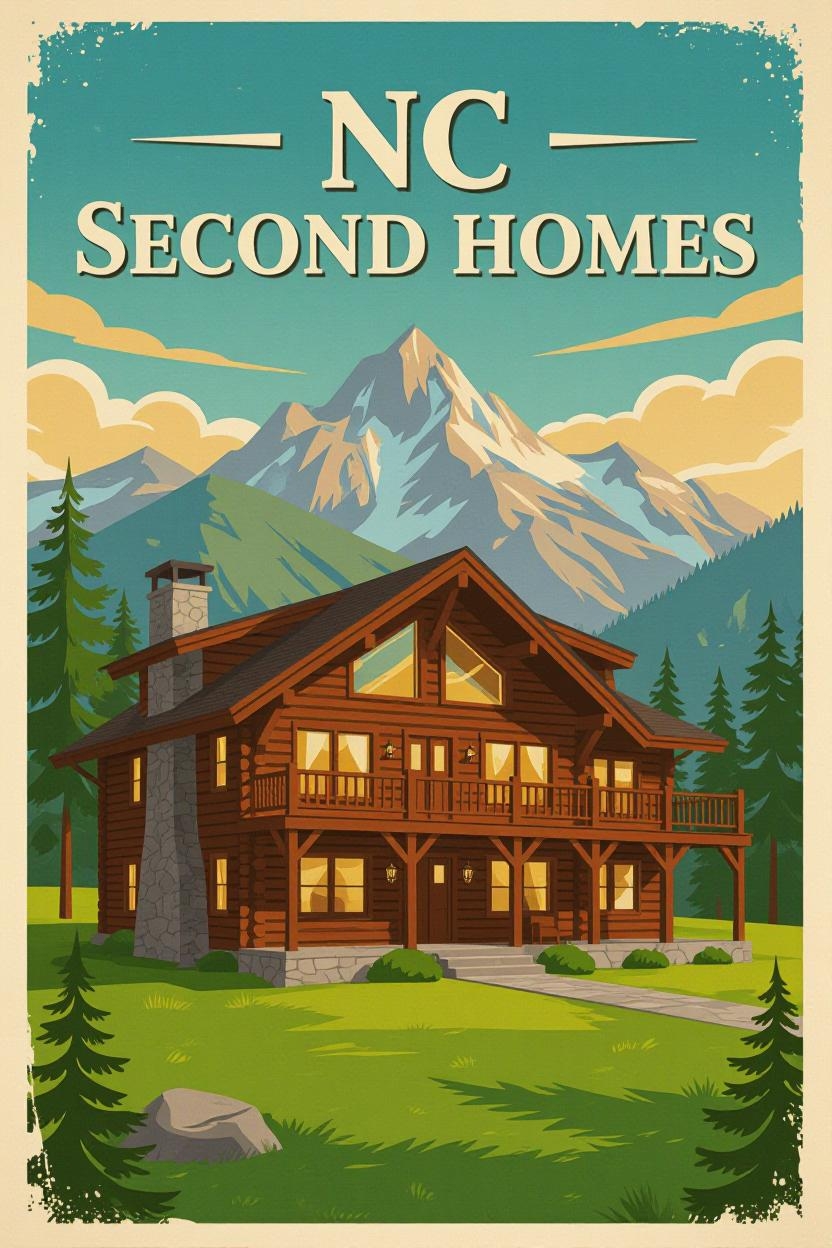
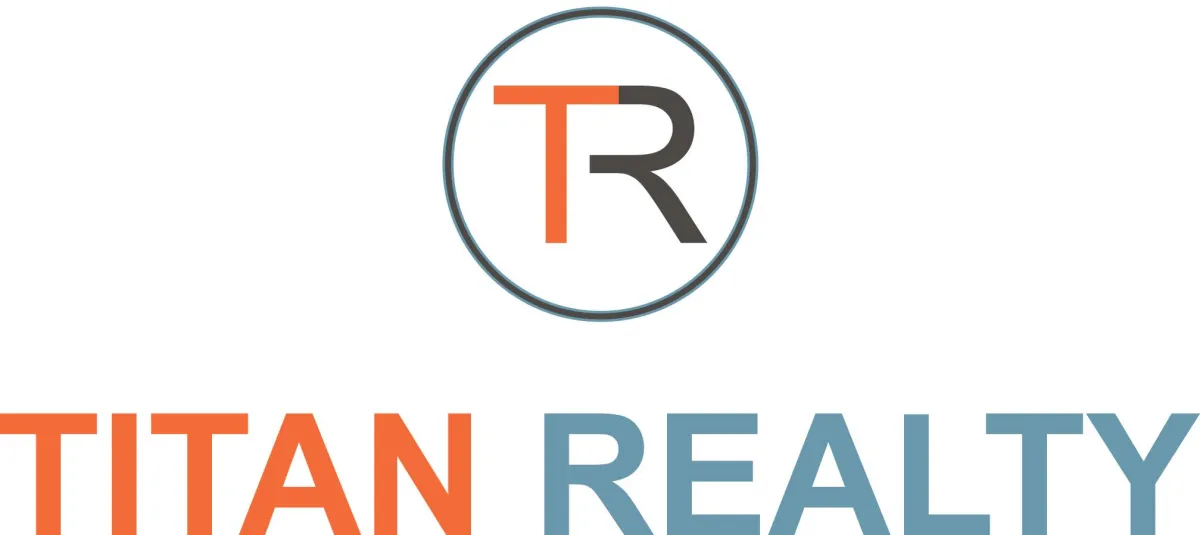
Facebook
Instagram
Youtube